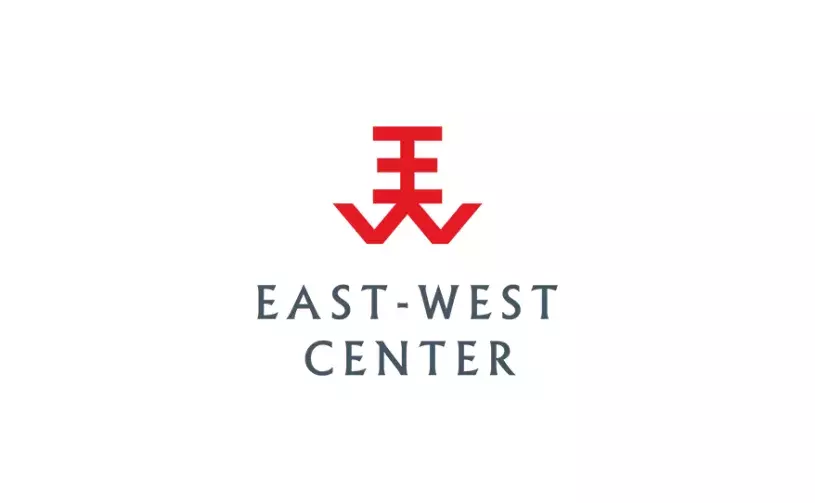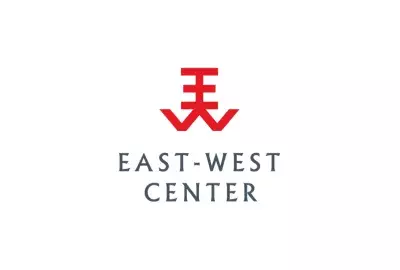Error message

Socio-economic development in China's Xinjiang Uyghur Autonomous Region (XUAR) has significantly impacted Uyghur culture. Proponents of the Chinese Western Development initiatives claim improved quality of life and technological advancements, while critics cite that Han in-migration and assimilation has resulted in acculturation of Uyghur identity. As performing arts, especially dance, are essential components of Uyghur culture, Uyghur women employ dance as a reaction to reaffirm cultural identity. Through dance, women send messages of cultural survival, enabling them to negotiate positions of power for themselves. Their negotiation through dance has resulted in a unique form of self-empowerment, cultural revival and pride. This paper analyzes the dialectics of the dance revealed through interviews conducted with Uyghur women in the diaspora. These accounts illustrate Uyghur analysis of development processes while also providing a stage from which they reaffirm their cultural distinctiveness.
Socio-economic development in China's Xinjiang Uyghur Autonomous Region (XUAR) has significantly impacted Uyghur culture. Proponents of the Chinese Western Development initiatives claim improved quality of life and technological advancements, while critics cite that Han in-migration and assimilation has resulted in acculturation of Uyghur identity. As performing arts, especially dance, are essential components of Uyghur culture, Uyghur women employ dance as a reaction to reaffirm cultural identity. Through dance, women send messages of cultural survival, enabling them to negotiate positions of power for themselves. Their negotiation through dance has resulted in a unique form of self-empowerment, cultural revival and pride. This paper analyzes the dialectics of the dance revealed through interviews conducted with Uyghur women in the diaspora. These accounts illustrate Uyghur analysis of development processes while also providing a stage from which they reaffirm their cultural distinctiveness.
East-West Center Working Papers, International Graduate Student Conference Series





